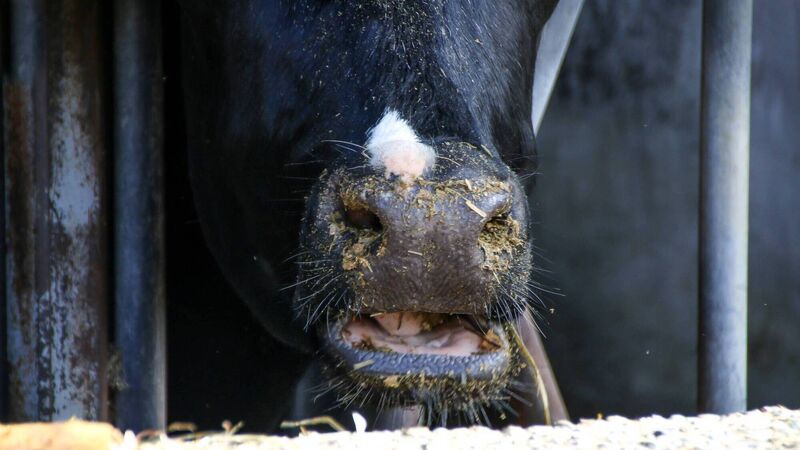Stock keepers urged to review dosing plans as hoose risk increases

If cattle are not responding to gutworm treatments, rumen fluke may be the cause. File photo
This year's increased hoose threat was highlighted by vet Dr Natascha Meunier from Animal Health Ireland in a recent Teagasc podcast entitled "Health at Housing".
"Hoose in particular, be careful this year, because there have been ideal conditions for these parasites over the last few weeks”, she said.











